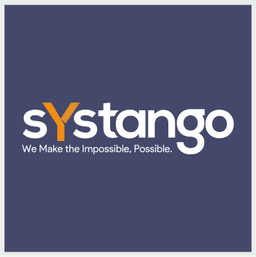Top Ethereum Smart Contract Development Companies in Tysons
Searching for Top Ethereum blockchain development companies in Tysons? Look at a list of Top Ethereum developers with client reviews and ratings. According to experts, Ethereum is a distributed public blockchain network which is directed towards running the programming code of any decentralized application. Moreover, In the Ethereum blockchain, rather than mining for bitcoin, miners work to acquire Ether, a sort of crypto token that fills the system. Ether is utilized by blockchain application developers to pay for exchange charges and administrations on the Ethereum network. In need of this technology? Well, Business Agencies in Tysons heard you and has thus curated a list of Top Ethereum smart contract development companies in Tysons following:
1 Companies
Systango is a software development studio specialising in niche technologies and helping clients unleash the power of next-gen technologies such as Generative AI, Blockchain, Web3, and Machine Learning. We are a digital transformation partner with leading digital, cloud-native, and security capabilities to help you build a better version of your business. Company facts: * 100+ active client accounts * 500+ end-to-end projects delivered * In business since 2007 * 350+ employees * ISO 27001:2013 Certified * Headquartered in London, UK with offices in Virginia (USA), Indore (India). * Top Clients - Porsche, MGM Grand, Deloitte, Grindr, Tawk.to, Target. We believe in automation, apps that are fast, efficient, attractive, and easy-to-use to unlock the next stage of digitalisation for tradiRead More
$25-49/hr
250 to 499
2007
United States (USA)
